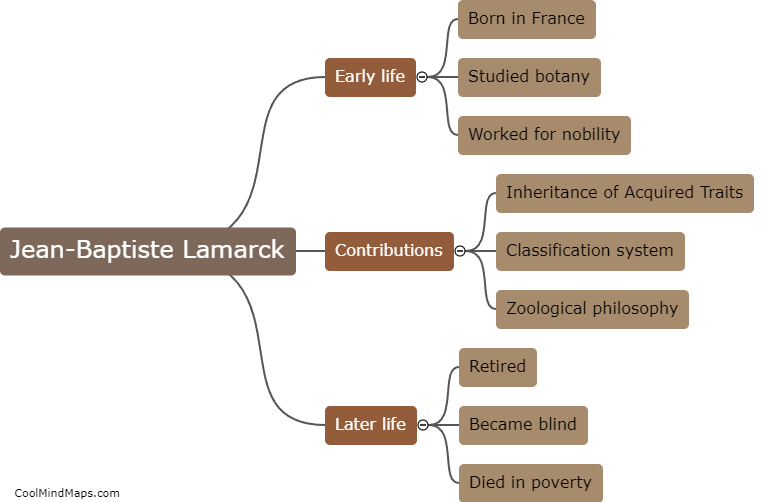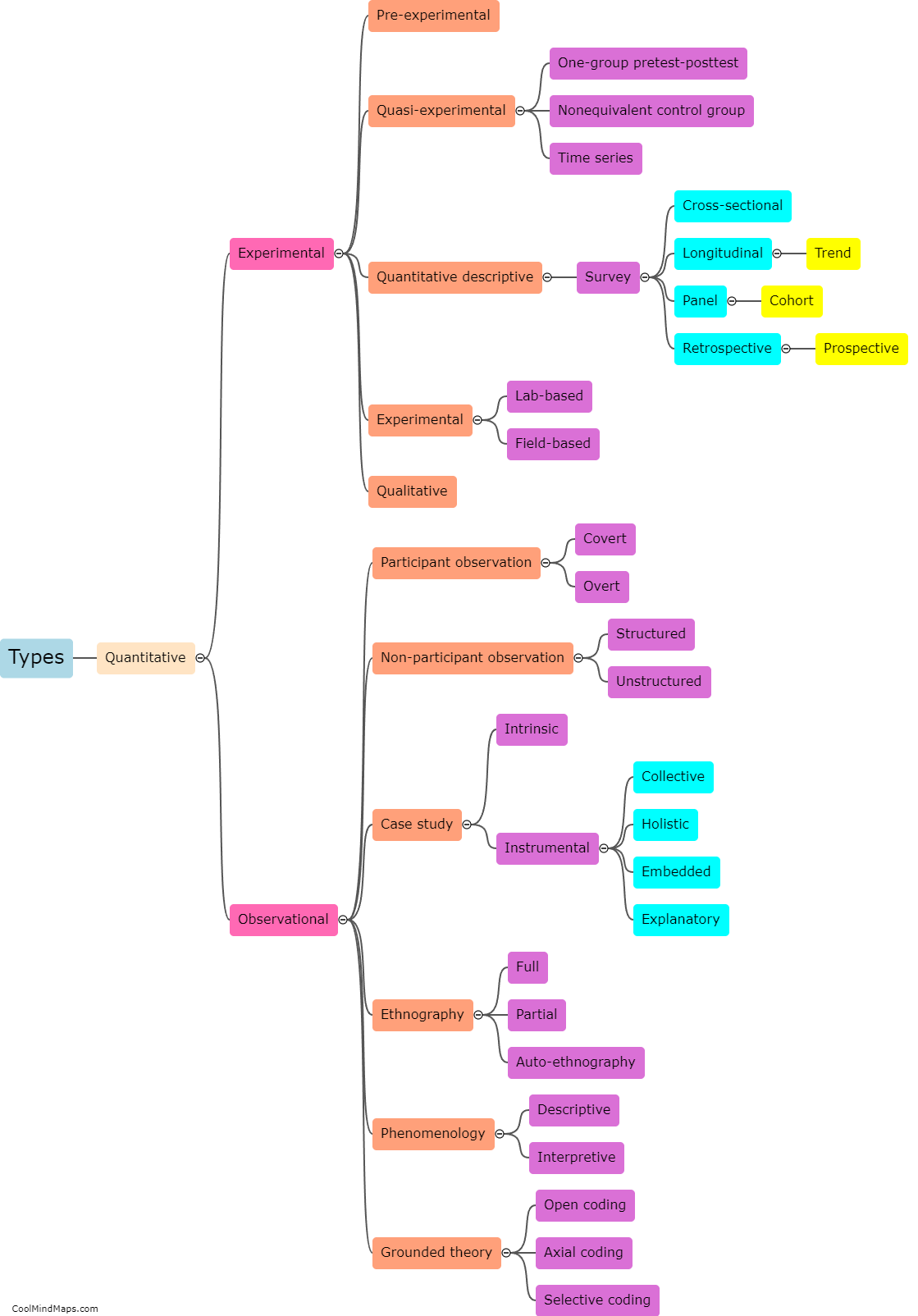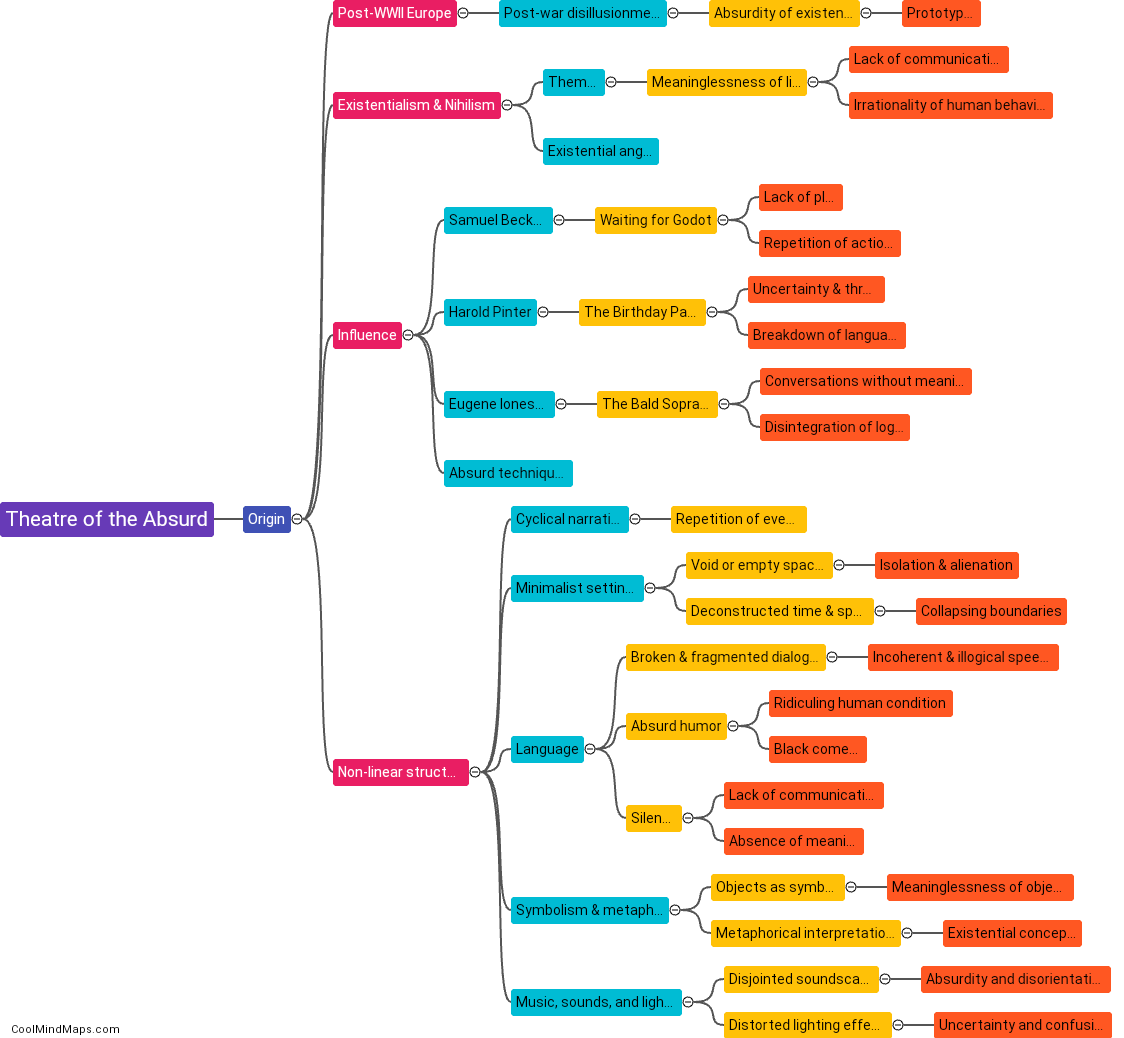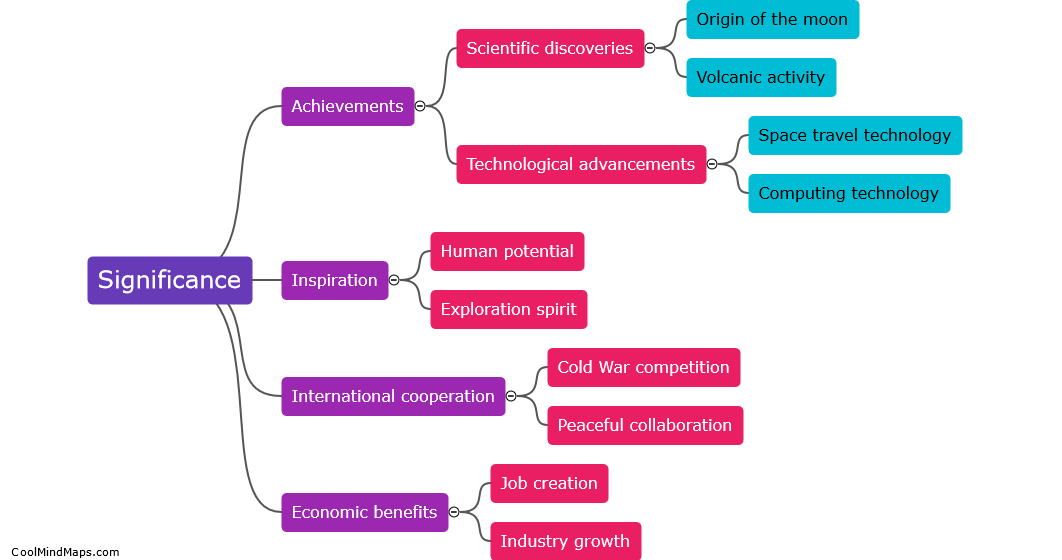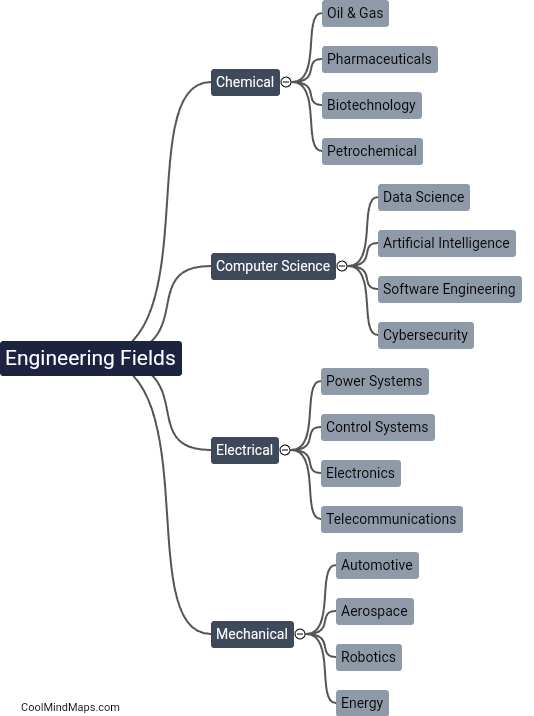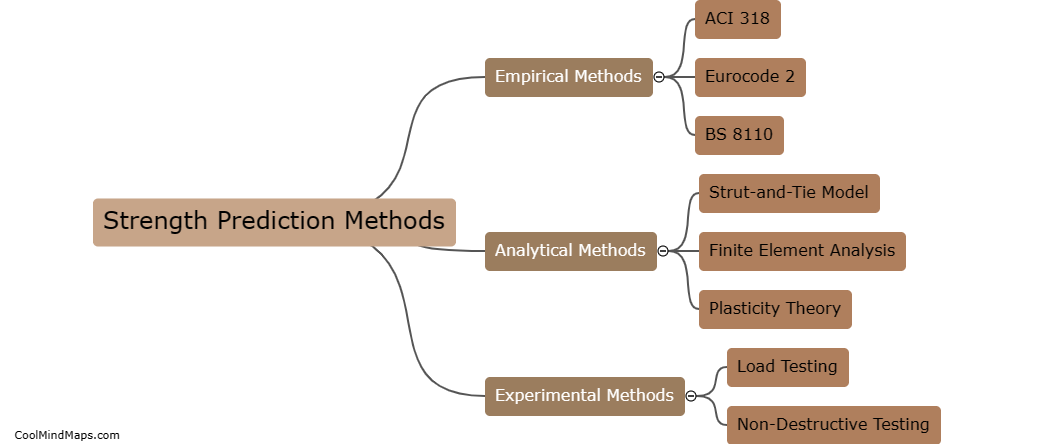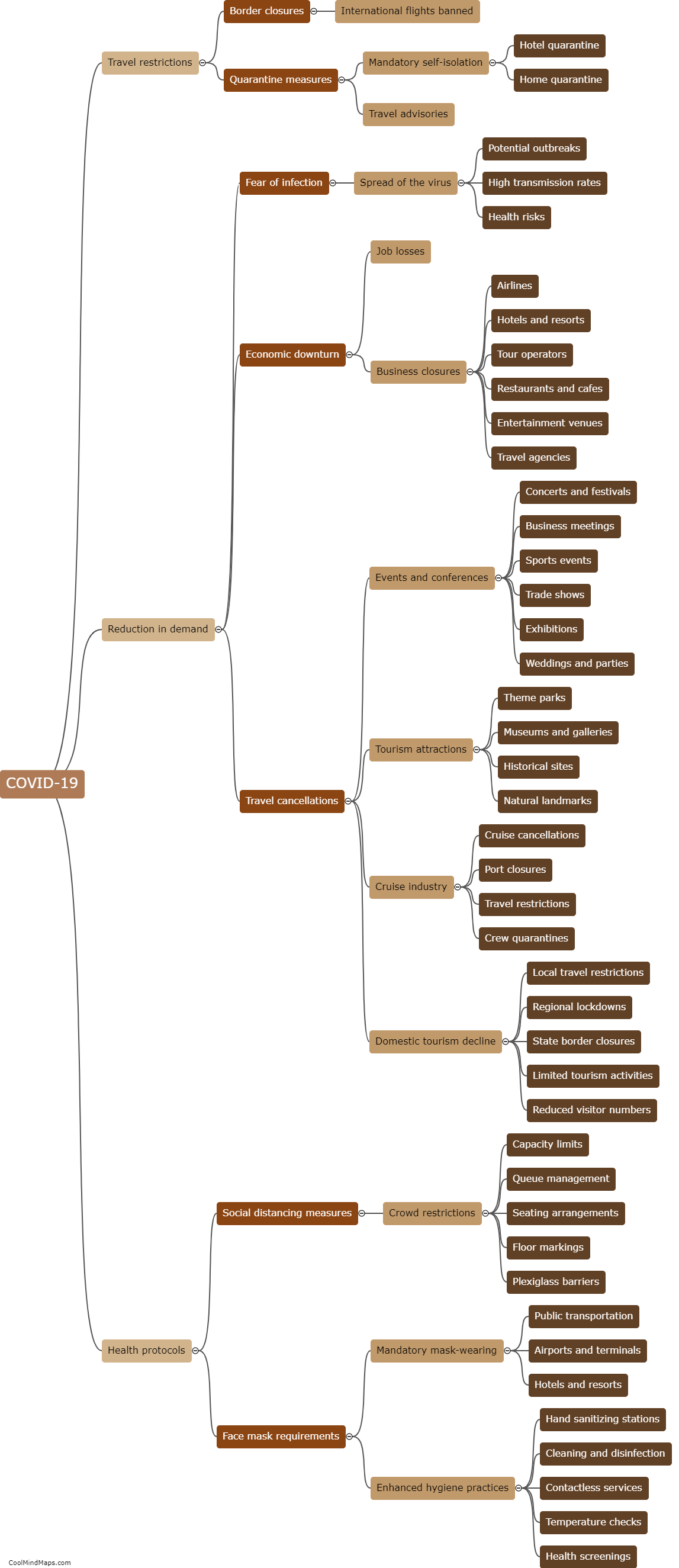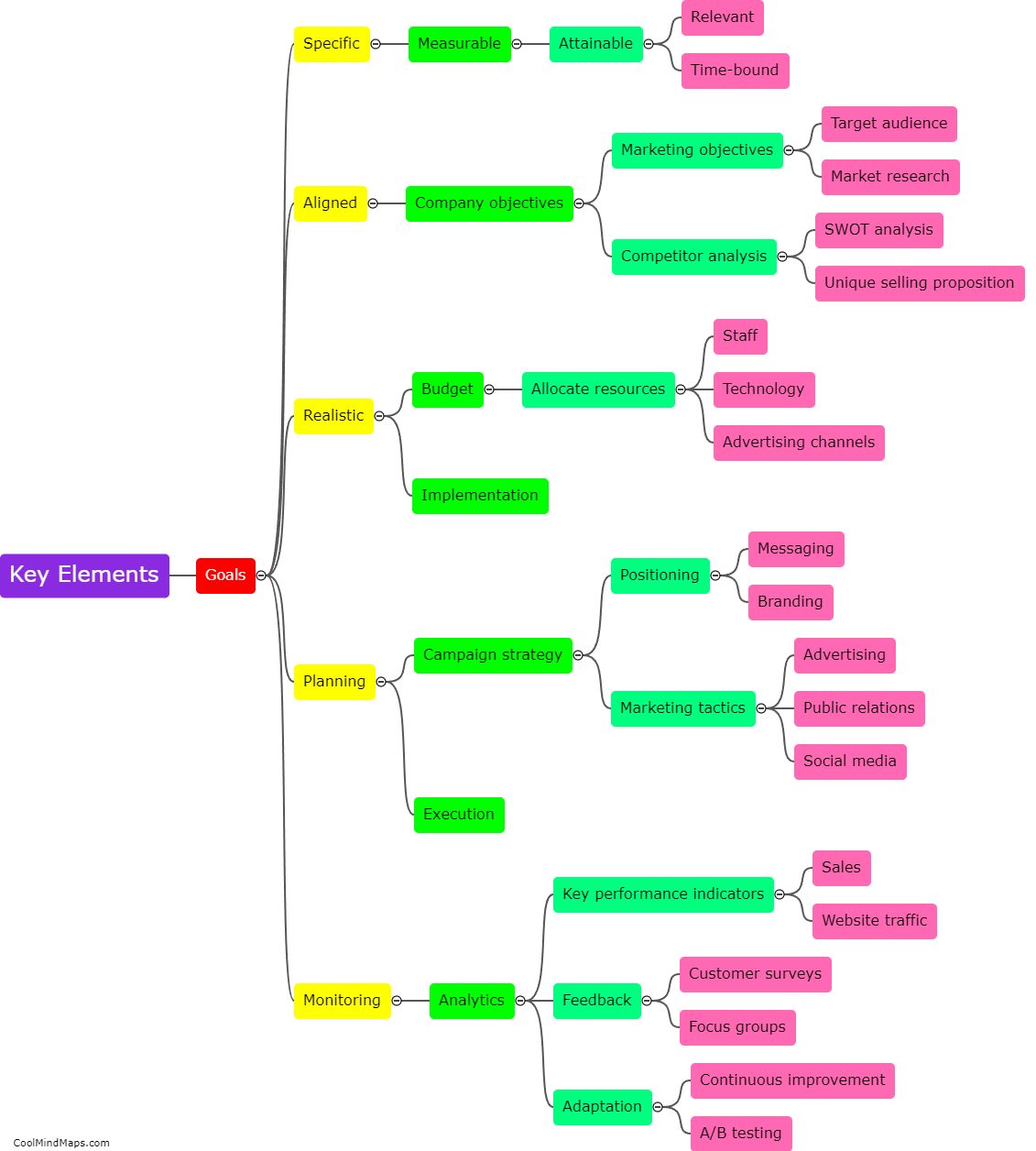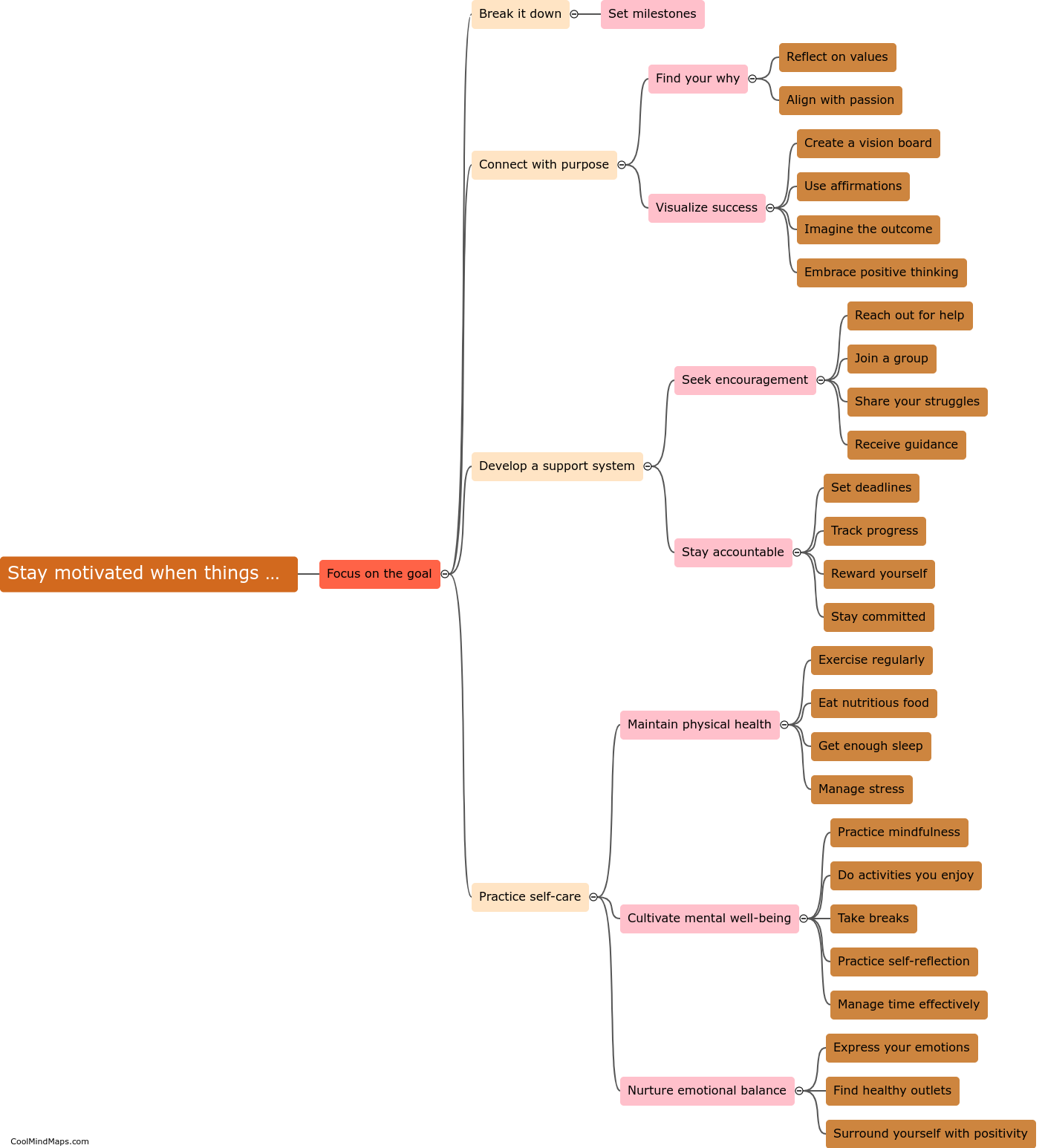Are there any limitations or uncertainties in the reliability of traditional agroecologic zones?
Traditional agroecologic zones, which classify and map areas based on their suitability for specific agricultural practices, have been widely used for land-use planning and decision-making. However, it is crucial to acknowledge the limitations and uncertainties associated with these zones. One of the primary challenges is the dynamic nature of agroecosystems, influenced by climate change, land-use changes, and evolving farming practices. These factors can alter the optimal conditions for specific crops, rendering traditional agroecologic zones less reliable over time. Additionally, spatial and temporal variations in data availability and quality can introduce uncertainties and biases, leading to inaccuracies in zone delineation. As such, it is important to regularly revisit and update these zones to account for emerging trends, new technologies, and changing environmental conditions, ensuring their continued relevance and reliability in guiding agricultural planning.
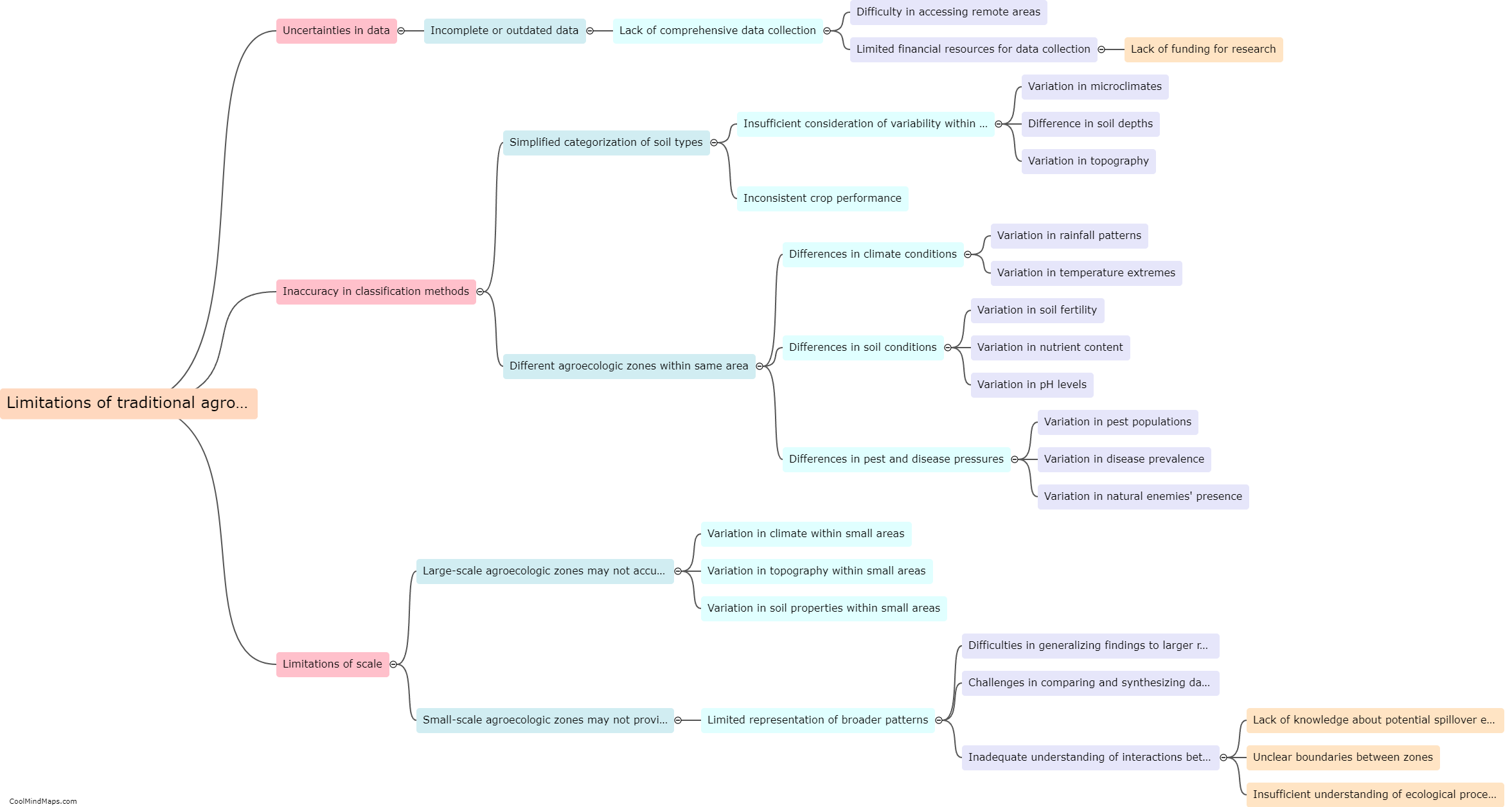
This mind map was published on 6 July 2023 and has been viewed 41 times.
